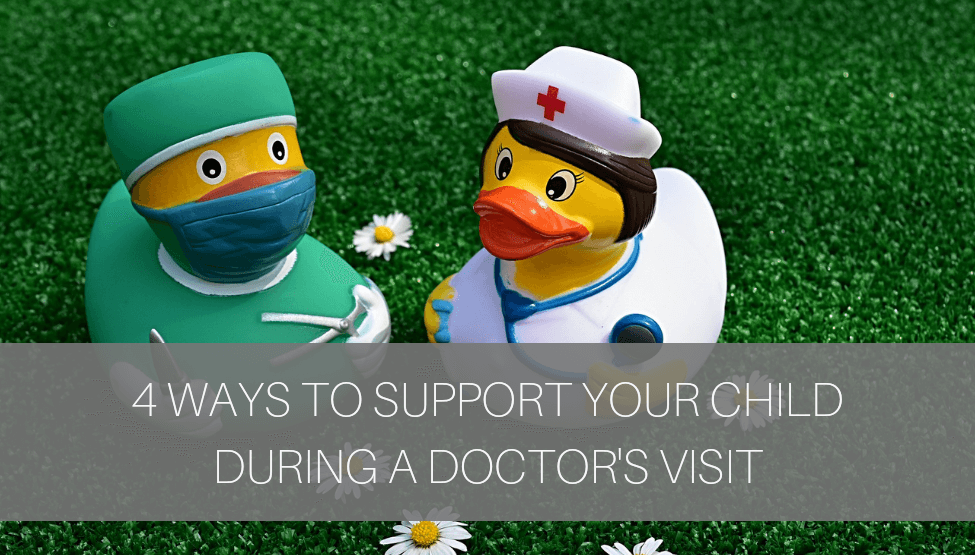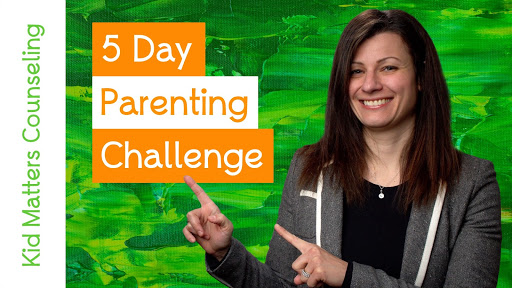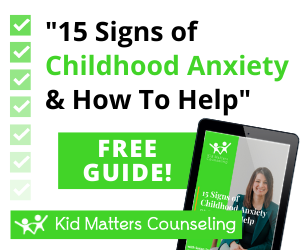Medical appointments are filled with unpredictable moments.
Medical procedures can be invasive to our body and cause pain. This combination can be enough to create significant stress for a child. As parents, you might notice that your child shows fear, intense crying, anxiety, and tantrums in the waiting room or during a medical procedure.
If you dread taking your child to the doctor, here are 4 ways to keep in mind to help your child through a doctor’s appointment.
Remember this information by using my acronym: PAIN
Provide Information
Never underestimate the power of advance preparation. Children will begin to worry about a doctor’s visit from the moment they are told they will be going. Because children are very good at diving into their imagination, they might create endless possibilities of what might happen. Rather than letting your child sink into the worst of their fears, try to provide information that can help ease their worries.
One day before the appointment, begin by telling your child what will most likely happen during the appointment. Because you won’t be able to predict everything, try your best to share what you anticipate will happen. Be truthful and share the information as if you were reading a story to your child. While you talk to them, use comforting and playful touch to help defuse any fear or worries your child may have. For example, if you tell your child the doctor will check their ears, you might try to hold an ear and pretend to look in it as if you were the doctor. If possible share a picture of the doctor. Allow the process to be slow, give time for your child to ask as many questions as they’d like, and always validate their worries and fears.
When children are in a state of fear, it can be challenging for them to assess for their safety. Before visiting the doctor, work together with your child to come up with an “It’s over and you are safe” signal. I recommend having this signal include both verbal and non-verbal communication. You might give them a hug and say, “You’ve made it…it’s all done,” or caress their cheek and say, “That really hurt you. The doctor is done and I’ve got you”.
Allow Movement
Children who are stuck in fear will usually have no ability to remain still. Instead, they may be crying, kicking, pushing, trying to turn away or run away from the doctor. When children behave this way, it is common to try and restrain or hold down them down. Because movement is a natural response created by fear, preventing the movement can actually be more stressful for the child. Rather than holding down your child, validate their feelings and help sooth them to a more calm state.
Include Soothing Objects
Most children feel attached to a special object. For some children this might be a blanket, a toy, a stuffed animal, a picture or a bracelet. Bringing your child’s comfort object to the doctor’s office can be very helpful, allowing your child to actively use their soothing object in moments when they feel overwhelmed.
Nurturing Doctor
One of the best ways to defuse fear in children is through kindness. While you will be the greatest source of support for your child, remember that you are not the only adult in the room. Current research has found that doctors are able to ease the process of medical procedures by engaging in a playful manner with children. You might ask the doctor to join you in singing to your child, to play a quick and simple hand clap game like patty cake, Miss Mary Mack, or rock-paper-scissors. If possible, have the doctor use safe and soft touch to show your child that they can provide nurture before using a painful syringe.
Here is an example of what providing information might look like:
“Jake, I want to share a story with you about what might happen when we visit the doctor tomorrow.
We are going to wake up and have a breakfast of eggs and pancakes. When we are done, I will drive us to the doctor where we will wait in the waiting room for some time. While we wait, you and I can play with your Spiderman and Captain America toys. The nurse will call us into the doctor’s room and we might have to wait again until the doctor shows up. When the doctor comes in, they will check your ears, nose, and throat, (playfully caressing each body part as you name them), and they will probably ask me a lot of questions. If you are sick, he might need to give you medicine.
Some medicines that go in your body might sting and feel like you’re being pinched, and some medicines that you can eat might just have a weird flavor. When we are done, I plan to take us to get some ice cream to celebrate you being so brave and strong for going to the doctor’s.”

Fernando Gonzalez
Child Therapist | MSW
I help parents & children build a stronger connection through identifying, expressing, and regulating big feelings and challenging experiences.
Kid Matters Counseling has trained therapists ready to help both kids and parents walk through the tough moments in life.
End the frustration & the confusion and let's work together! SCHEDULE APPOINTMENTNew Clients Call: (855) 586-1802
Current Clients: (855) 543-7687
Ask Us Anything!
We help anxious kids and frustrated parents. We serve Hinsdale & the Western Suburbs of Chicago.
Made with ♥︎ in Hinsdale, Illinois for Chicago
Built By Brand Your Practice.
Kid Matters Counseling, P.C. DISCLAIMER: This website and blog are for informational, educational and general discussion purposes only. It is understood that no guarantee or warranty arises from the information provided, discussed or commented upon in this website and blog nor does it constitute legal or other professional advice on any subject matter. Access to this website and blog is voluntary and at the sole risk of the user. If you think that you have a medical emergency (including clinical), call your doctor or 911 immediately. A licensed medical professional should be consulted for diagnosis and treatment of any and all medical conditions. While the information contained within this website and blog is periodically updated, no guarantee is given that the information provided is correct, complete, and/or up-to-date. See our complete Privacy Policy and Terms of Service.



